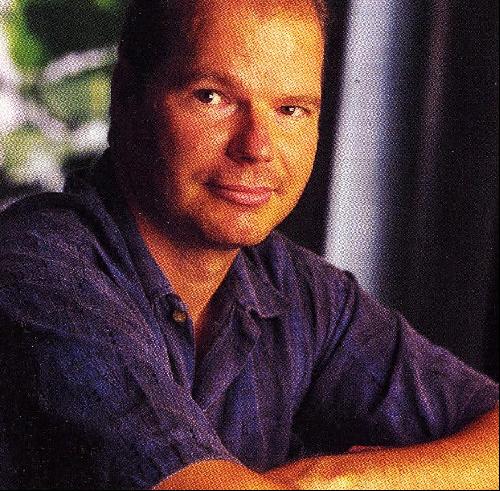The Arab uprisings present US foreign policymakers with their greatest opportunity for a decisive shift in direction since 1989. Will they seize it?
Unfortunately for the peoples of the former Soviet Union and East Bloc, the George H.W. Bush and Clinton administrations and their own new governments bungled the transitions to freedom and democracy. Former apparatchiks cast off their red stars for shiny new lapel pins, communists became fiery and sometimes murderous nationalists, and for fire sale prices, the men we call oligarchs took over giant state industries. It took the GHW Bush administration several years to even realize the Cold War was over. Jeffrey Sachs' brutal and myopic "shock therapy" was the best economic advice the US could muster during the nineties.
We live with the consequences of these historic failures--entrenched autocracies, world-class corruption, decaying economies, renewed international tensions--to this very day. The stakes are as high in 2011. Might the Obama administration avoid the mistakes of its predecessors when it comes to the current wave of democratic uprisings? (It's too early to call them "revolutions").
Only if it makes a clear and enduring break with the ruling foreign policy assumptions of the past sixty-five years, and with the climate of fear that helped engender them. Three of the most important of these interlocking assumptions are: (1) "stability" is paramount when dealing with "America's friends;" (2) American values serve as rhetorical weapons or cover and little else; and (3) what's good for Israel is good for the United States.
"Stability" seems an odd goal for a country born in an anti-imperial revolution, and for one that professes to cherish liberty and democracy. But there it is, at the center of the foreign policies of president after president.
If you were an "anti-communist" despot in Latin America, Africa or Asia, you could rely on stability-enhancing military and economic support from the United States. You were automatically considered "pro-American." An academic might even invent a framework that justified this support (Jeane Kirkpatrick). You could get away with, or perhaps even be further enabled to murder, torture, disappear, and jail your "opponents" as long as you called them "communists."
If you were a sheik or king in an oil-rich Muslim country, the sky was the limit as long as the petroleum flowed freely, your military bought American weapons and granted base rights to the US military and intelligence agencies, and your secret police oppressed nationalists, socialists, Islamists, and other troublemakers.
"Stability" remained central when the Cold War gave way to the Global War on Terror. Only the faces of "America's enemies" changed; Washington traded in the "evil empire" for the "axis of evil." The story is the same for American values in US foreign policy.
(Note: You can view every article as one long page if you sign up as an Advocate Member, or higher).





